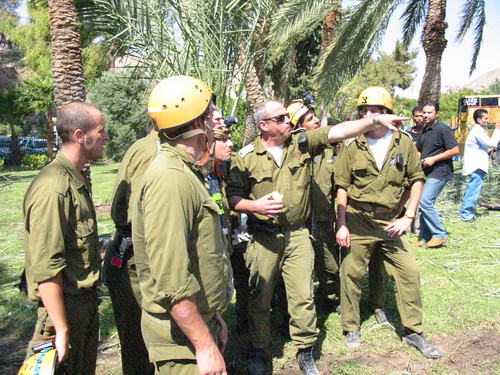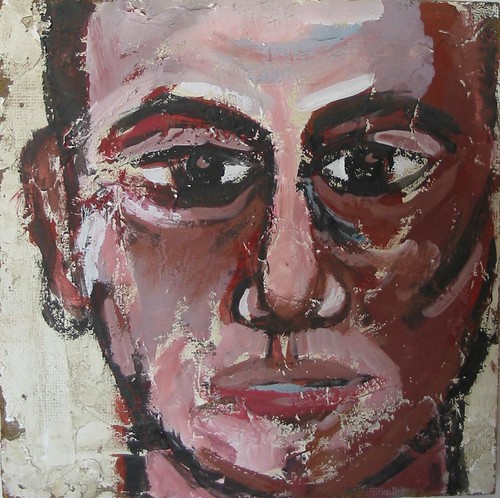Allam is recurrent media figure in Egypt, but also often used as a pundit on security issues by foreign newspapers. He also has something of a legendary status among Egyptian leftists, who say he was an orchestrator of the Sadat-era campaign to encourage the rise of Islamist groups such as the Gamaa Islamiya in the 1970s to counter the communist and Nasserist left. Personally I think both his knowledge about the current security situation is exaggerated — he is retired after all and I’ve rarely heard him say anything particularly interesting or new — and his role in some grand plan to crush the Egyptian left may be more legend than reality.
Quite aside from whether Habib’s accusation are valid or not, this kind of statement makes you wonder about the settling of accounts that might take place should there be a radical change of regime in the next few years. A lot of people have been complicit in a lot of bad things over the years, things no one knows about officially but many have heard of through Chinese whispers or stories activists and political junkies like to tell. One of the bizarre aspects of Egyptian life at this moment is that while all kinds of extremely serious accusations regularly fly around, there are rarely if ever any consequences. Investigations are not launched, the accused rarely sue for libel, accusations aren’t followed up. Much like the press itself, which shouts in outrage at the top of its lungs but never seems to have an actual impact on things, these allegations seem to exist in a media vacuum entirely disconnected from real life.


